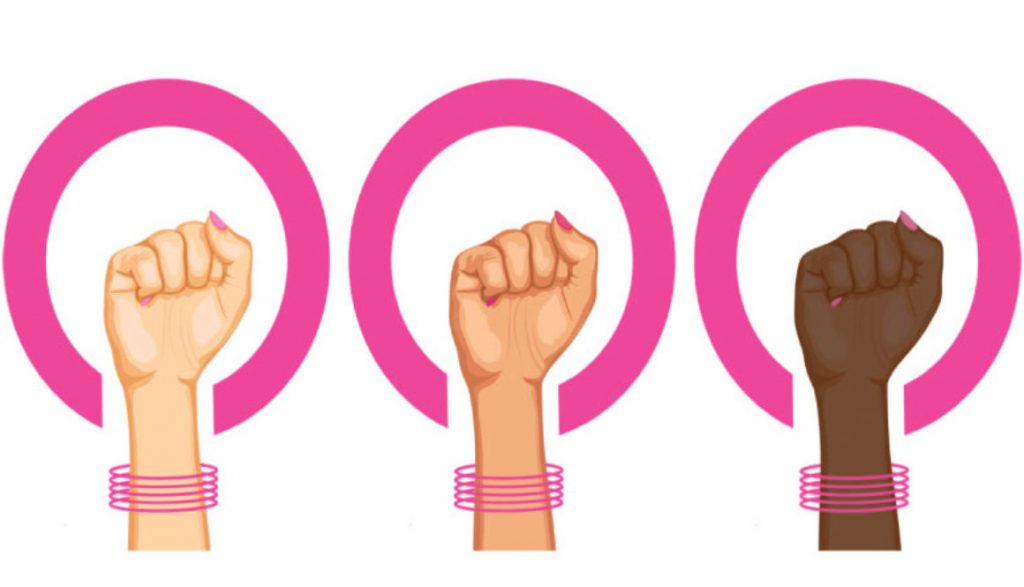Jaipur: ‘Nari Shakti’ (women empowerment) has been chosen as the Hindi word of the year 2018 by Oxford Dictionaries. The announcement was made during a session at the ongoing Jaipur Literature Festival.
“March 2018 recorded a large spike in the use of ‘Nari Shakti’ as discussion began around Indian government’s Nari Shakti Puraskar (Women Power Award) given by the Ministry of Women and Child Development,” they said in a statement.
The word was selected by the Oxford Dictionaries (India) with help of a panel of language experts. The panel included Saurabh Dwivedi, journalist, Editor-in-Chief of thelallantop.com, Neelesh Misra, founder of Gaon Connection, Geetanjali Sree, author and playwright, Rakshanda Jalil, award-winning translator, critic, and literary historian, Pravin Kumar, assistant professor of Hindi at the University of Delhi, and Akhil Katyal, teacher in creative writing at Ambedkar University, Delhi.
“Nari Shakti encapsulates the spirit of our times, with all its struggles, challenges and triumphs,” Namita Gokhale, director of the Jaipur Literary Festival said.
In 2017, Oxford Dictionaries had chosen ‘Aadhar’ as the word of the year.
How did ‘nari shakti’ become highly used in India in 2018?
‘Nari shakti’ drew focused attention in 2018, largely thanks to efforts by the Government of India and Hindi speakers nationwide to realize aims for inclusive development.
This has led to new initiatives being established, existing laws being revised, and the championing of the #MeToo campaign which has helped facilitate women’s rights and empowerment across all areas of Indian society.
March 2018 recorded a large spike in the use of ‘nari shakti’ as discussion arose around the Government of India’s Nari Shakti Puraskar (Women Power Award) held on the International Women’s Day.
Supreme Court decisions boosting the use of ‘nari shakti’: Two major decisions taken by the Supreme Court also significantly contributed to the prominence of ‘nari shakti’ in 2018 a ban on ‘triple-talaq’, the controversial Islamic practice of instant divorce’, and the taking down of a rule that disallowed girls and women entry to the Sabarimala temple in Kerala.
Other impactful changes empowering women included the lifting of the ban on women going to Haj without a Mehram or male companion; women being accepted into inter-combat roles in the armed forces; the expansion of the hugely successful government-sponsored ‘Beti Bachao, Beti Padhao’ (Save the girl child, Educate girl child) campaign; the opening of 200 one-stop centres to help women facing violence across the country and the opening of a universal helpline dedicated to forming international alliances to tackle cybercrime and the online harassment of women head-on.
‘Nari Shakti’: Oxford Dictionary’s Hindi word of 2018
